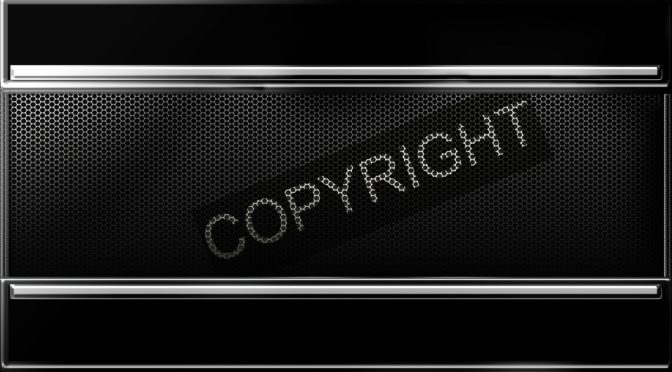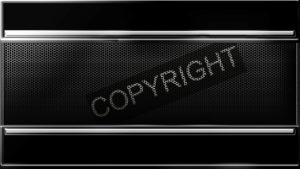Some thought that Wednesday would bring a close to the battle over whether Warner/Chappell would retain the rights to “Happy Birthday.” Filmmakers working on a documentary about the song discovered new evidence that may prove that the song should be in the public domain. The “smoking gun” is in the form of a children’s book of songs from Warner/Chappell’s own digital library. The blurry 1927 edition of The Everyday Song Book contained the lyrics without a copyright notice and the copyright was not filed until 1935. The filmmakers say that the original composers of the song, Patty Smith Hill and Mildred Hill, had surrendered the song to the public.
Though July 29 hearing took a comprehensive look at ownership of the song, the judge hadn’t had time to review the new evidence and the final decision was postponed once again. Ownership of the tune brings in about $2 million to Warner/Chappell each year. If able to prove the tune was dedicated to the public years before the copyright registration, the filmmakers and others will no longer have to pay to use the song.





